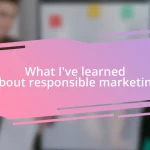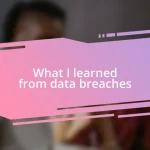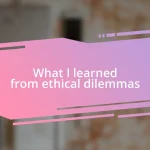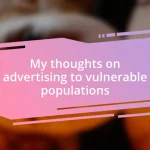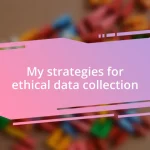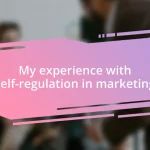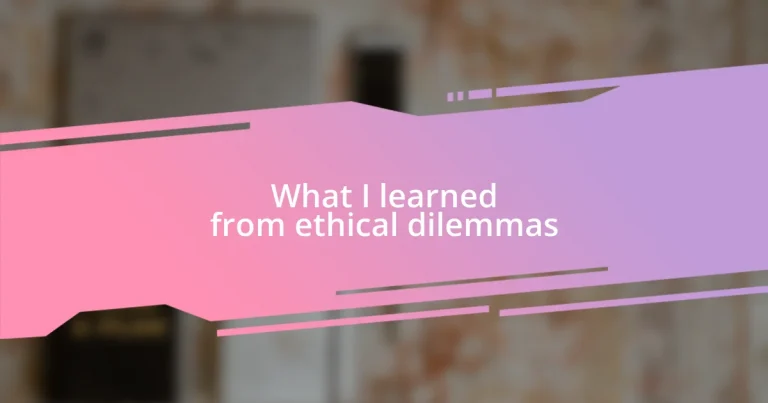Key takeaways:
- Ethical dilemmas often involve conflicting personal values, requiring individuals to navigate difficult choices that test their loyalties and beliefs.
- Recognizing and reflecting on personal values, such as honesty, justice, and empathy, can provide clarity and guide decision-making in challenging situations.
- Real-life examples of ethical decision-making highlight the importance of integrity and the impact of courageous choices on inspiring others and fostering dialogue.
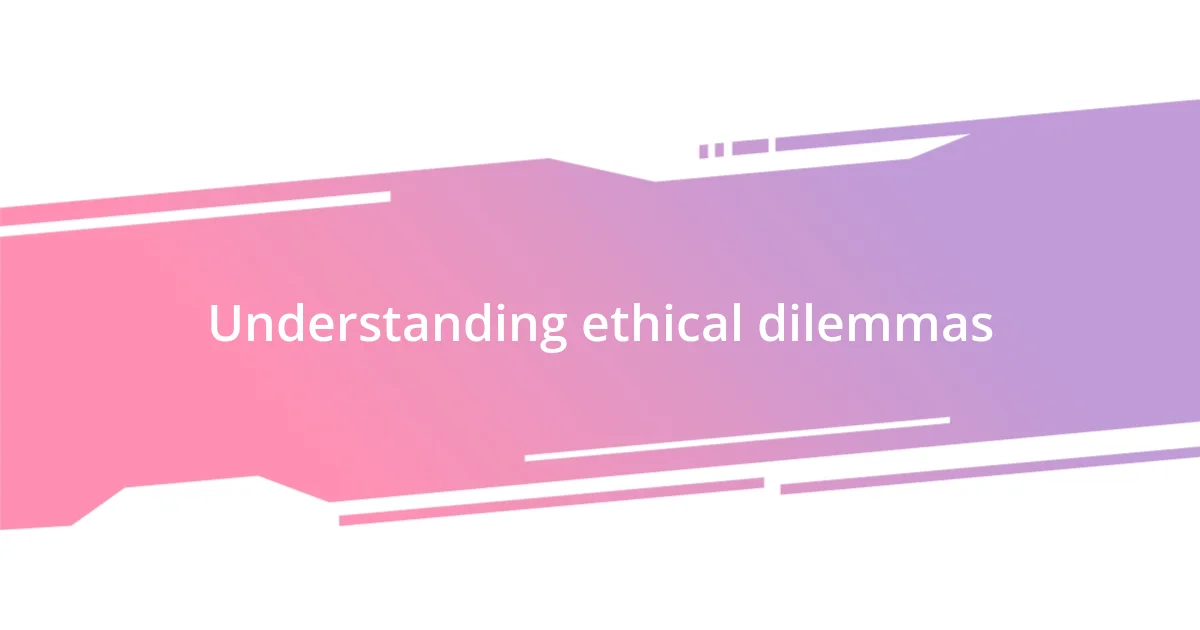
Understanding ethical dilemmas
Ethical dilemmas often arise when we are faced with situations that test our values and beliefs. I recall a time when a friend confided in me about a serious mistake they made at work. I found myself torn between wanting to support my friend and feeling the weight of my responsibility to the organization. It’s moments like these that force us to question our loyalties and morality.
What defines an ethical dilemma for me is that it doesn’t always boil down to right versus wrong. Sometimes, the choices are about conflicting values, like honesty versus compassion. I remember grappling with a situation in a volunteer organization where sharing an uncomfortable truth might hurt a dedicated member. Was my loyalty to the group enough to silence my concerns?
Navigating these dilemmas can evoke strong emotions—fear, guilt, and even relief when the decision is made. It’s interesting to reflect on how these feelings shape our decision-making. When I finally chose to speak up, despite the discomfort, I felt a surge of empowerment. Have you ever wondered how one choice might redefine your principles? For me, it certainly did.
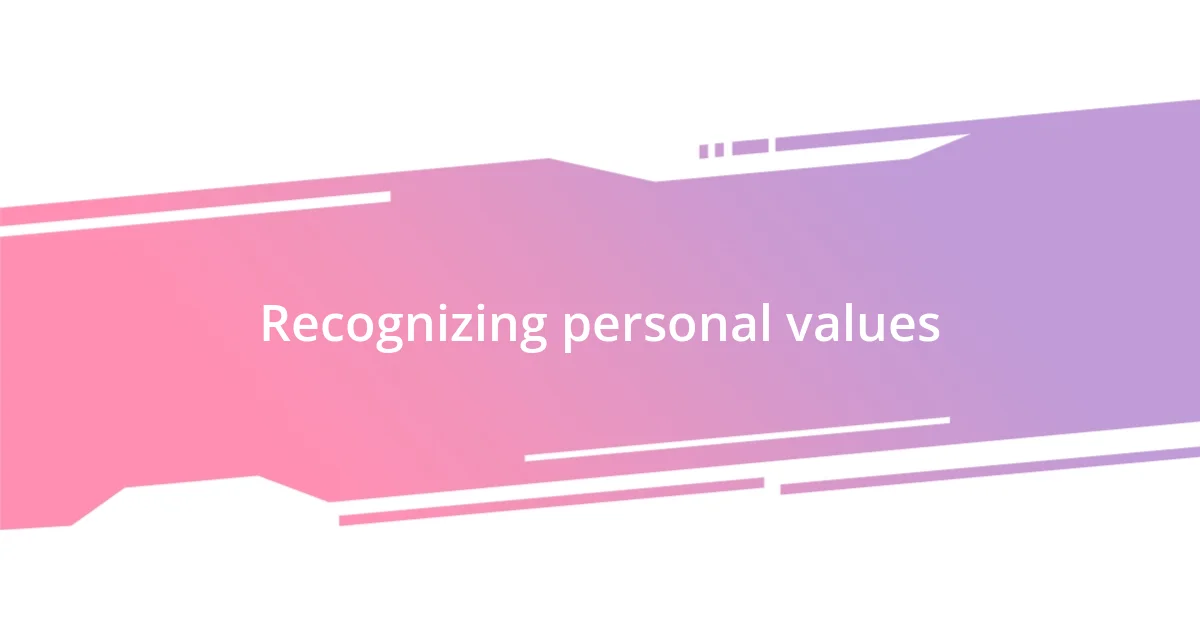
Recognizing personal values
Recognizing personal values is often the first step in navigating ethical dilemmas. For me, it’s all about clarity. I remember the first time I had to decide between my belief in transparency and my friend’s request to keep a secret. That moment made me realize how deeply personal values influence our choices. When I chose to be honest, it felt liberating, but I also faced the fear of disappointing my friend.
Understanding personal values isn’t just an intellectual exercise; it’s an emotional journey. One time, I had to consider my commitment to justice while witnessing unfair treatment in a group project. It stirred a mix of indignation and vulnerability within me. Ultimately, I spoke up not only for fairness but also to honor my own ideals. This experience reinforced how acknowledging what truly matters to me can clarify my responses in challenging situations.
Taking time to reflect on what values resonate with you can lead to profound insights. I’ve spent quiet evenings journaling about my core beliefs—what drives me, what I stand for. This practice helped me realize the importance of empathy in my life. Now, when facing a dilemma, I check in with those values. It brings a sense of grounding that’s essential in our fast-paced world.
| Value | Personal Reflection |
|---|---|
| Honesty | Choosing to share a truth, even when it risks a friendship, empowered me. |
| Justice | Speaking up against unfair practices brought back a sense of responsibility I hold dearly. |
| Empathy | Embracing empathy makes me more compassionate, especially when faced with tough choices. |
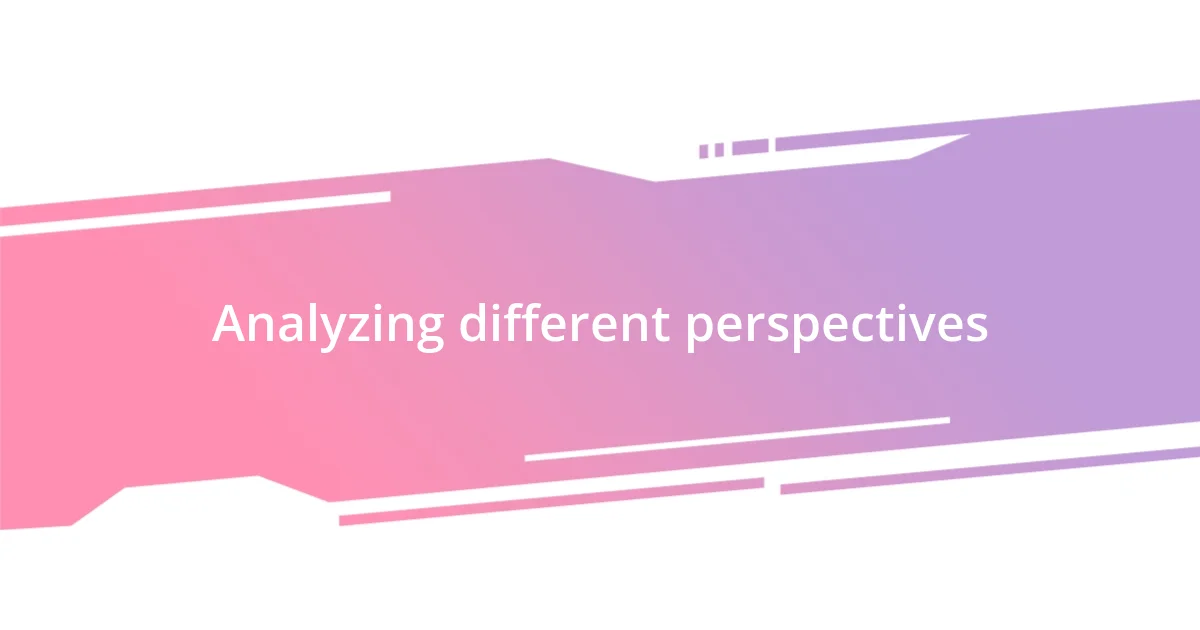
Analyzing different perspectives
When analyzing different perspectives, I’ve learned that it’s essential to step into someone else’s shoes. For example, during a heated debate in a community meeting, I realized that the emotions behind each person’s stance were as important as the arguments themselves. One person shared their struggles with financial hardships, which changed my understanding of the topic significantly. This experience taught me that empathy can reveal insights that pure logic often overlooks.
Here are some key takeaways when considering diverse viewpoints:
- Challenge your assumptions: I found that my initial reactions often stemmed from a place of bias. The moment I questioned my viewpoints, I opened myself to new ideas.
- Listen actively: I remember a discussion where I focused on truly hearing my peers rather than formulating my response. It deepened our conversation and helped build trust.
- Consider the emotional impact: Recognizing how decisions affect people emotionally has become a crucial part of my analysis. I recall a workplace scenario where my colleague’s input shifted my perspective completely when I realized their experiences shaped their conclusions.
- Seek common ground: In one instance, I facilitated a dialogue between conflicting parties, which revealed shared values that helped ease tensions. It reminded me how collaboration can stem from understanding our collective goals.
In navigating these scenarios, my understanding has shifted from merely winning an argument to appreciating the rich tapestry of human experience that informs each perspective.
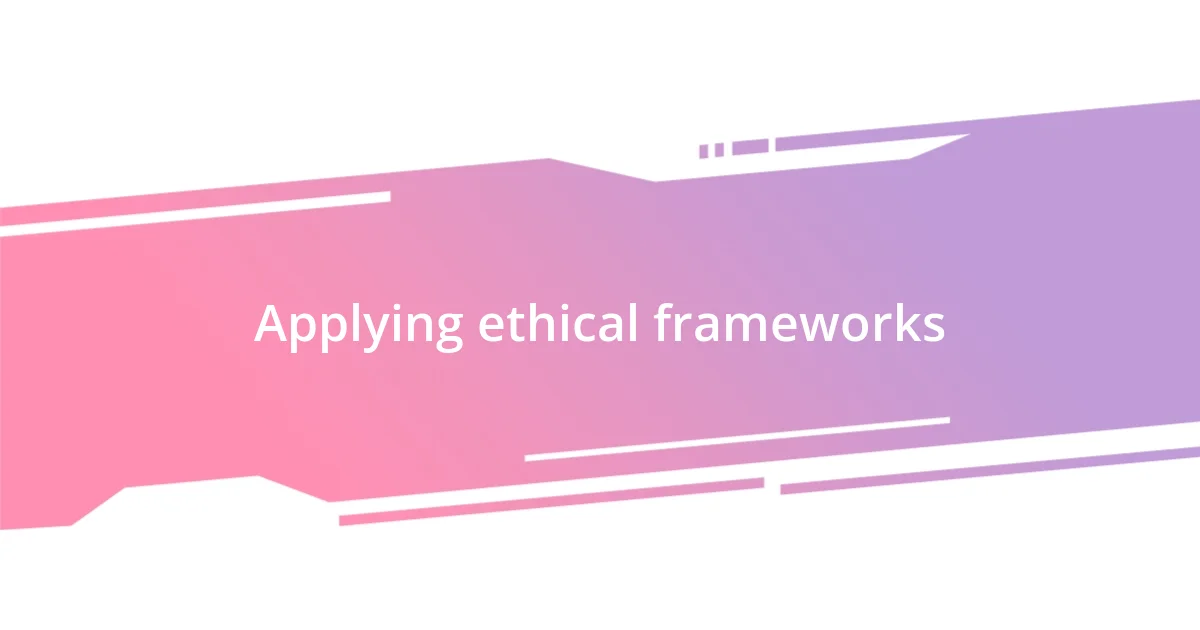
Applying ethical frameworks
Applying ethical frameworks is vital when addressing moral quandaries. I’ve often turned to frameworks like utilitarianism or deontology for guidance. For instance, a few years ago, I was involved in a project at work where we had to decide on a strategy affecting a wider community. By applying utilitarian principles—aiming for the greatest good for the most people—I navigated the complexities of differing stakeholder interests. This approach not only clarified the path forward but made me think: how can we prioritize the well-being of others in our decision-making?
Another time, I grappled with a situation where the ethical implications of a boss’s directive clashed with my personal beliefs. It pushed me to consider Kant’s deontological framework, which emphasizes duty and respect for individuals. I remember feeling a weight in my chest as I prepared to voice my concerns. While it was uncomfortable, standing firm on my principles led to a constructive dialogue. This experience opened my eyes—what if we all challenged authority when our values are at stake?
Utilizing these frameworks forces introspection and encourages dialogue. I found that engaging with colleagues on ethical theories sparked rich conversations. We debated the potential outcomes and moral obligations, often finding ourselves expanding our views beyond initial positions. This made me realize: could our professional environments benefit from more structured discussions around ethics? Embracing these frameworks hasn’t just shaped my decisions; it’s fostered a culture of accountability and openness.
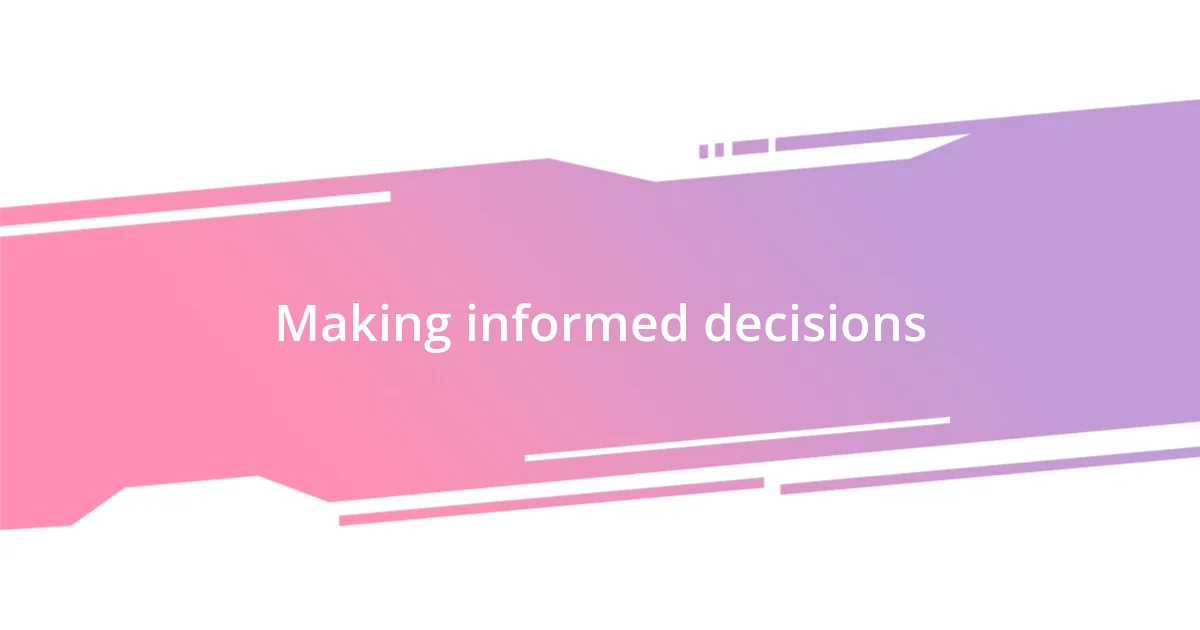
Making informed decisions
Making informed decisions requires a careful examination of the information at hand and the implications of our choices. I vividly remember a time when I had to decide whether to endorse a product at work that I wasn’t entirely comfortable with. Instead of making a snap decision based on sales potential, I took a step back. I researched the product’s impact on consumers and consulted with colleagues. This process illuminated aspects I hadn’t considered, reinforcing the idea that deep-dive exploration can prevent hasty conclusions.
I’ve also learned the importance of seeking diverse information sources, which can sometimes lead to surprising insights. There was an instance when I was torn between two competing vendors for a project. One had a compelling sales pitch, but I decided to explore reviews from past clients. The feedback revealed issues that were never mentioned in their presentation. This taught me that looking beyond surface-level information can uncover hidden pitfalls that profoundly affect the final decision.
Furthermore, I’ve come to appreciate the role of intuition in decision-making. While data is crucial, my gut feeling often guides me when the numbers don’t tell the whole story. For example, when faced with the choice of hiring a candidate, I found myself drawn to one individual despite their unconventional background. Trusting my instincts led to a hire that enriched our team’s dynamic and brought fresh ideas. Isn’t it fascinating how a blend of data and instinct can lead to breakthroughs we didn’t expect?
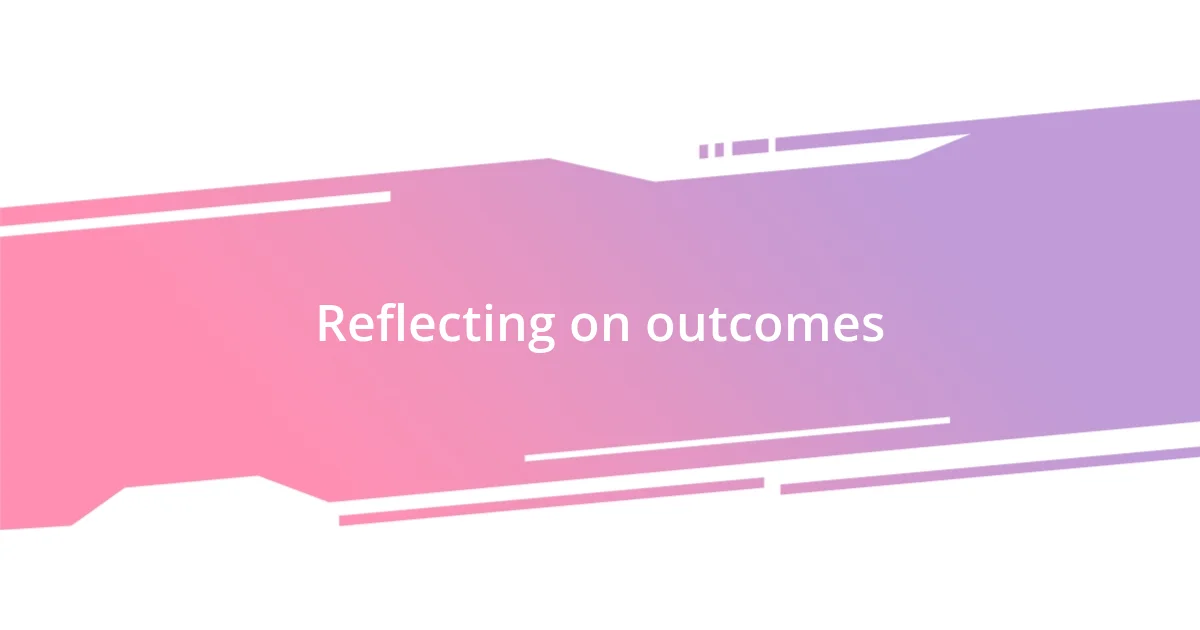
Reflecting on outcomes
Reflecting on the outcomes of my decisions has been a journey of learning and discovery. One particular instance still lingers in my memory; I had to choose between two paths at work that would impact my team’s morale. After deeply considering the results from both options—could the less popular choice actually foster greater long-term trust?—I realized that the effects of our actions often ripple out in unexpected ways. This reflection made me question my understanding of success: is it just short-term gains, or does it encompass fostering a supportive environment for my team?
There was another moment where I found myself sitting with colleagues, discussing the fallout of a project we hadn’t managed as well as we had hoped. I felt a mix of regret and determination. We dissected what worked and what didn’t, which drove home the importance of learning from missteps. Why do we often shy away from discussing failures? I’ve come to see that acknowledging shortcomings can be a goldmine for growth and innovation, leading not just to better choices, but a stronger, more cohesive team.
Through this reflective process, I’ve discovered that outcomes shape our understanding of ethics in profound ways. I recall the emotions swirling after realizing how my decision affected not just numbers, but people’s lives. It’s made me ponder: how can we transform our reflection practices into formalized processes? By integrating regular reflection into our routines, we could cultivate an environment where every outcome—good or bad—becomes a stepping stone to deeper ethical comprehension and personal growth.
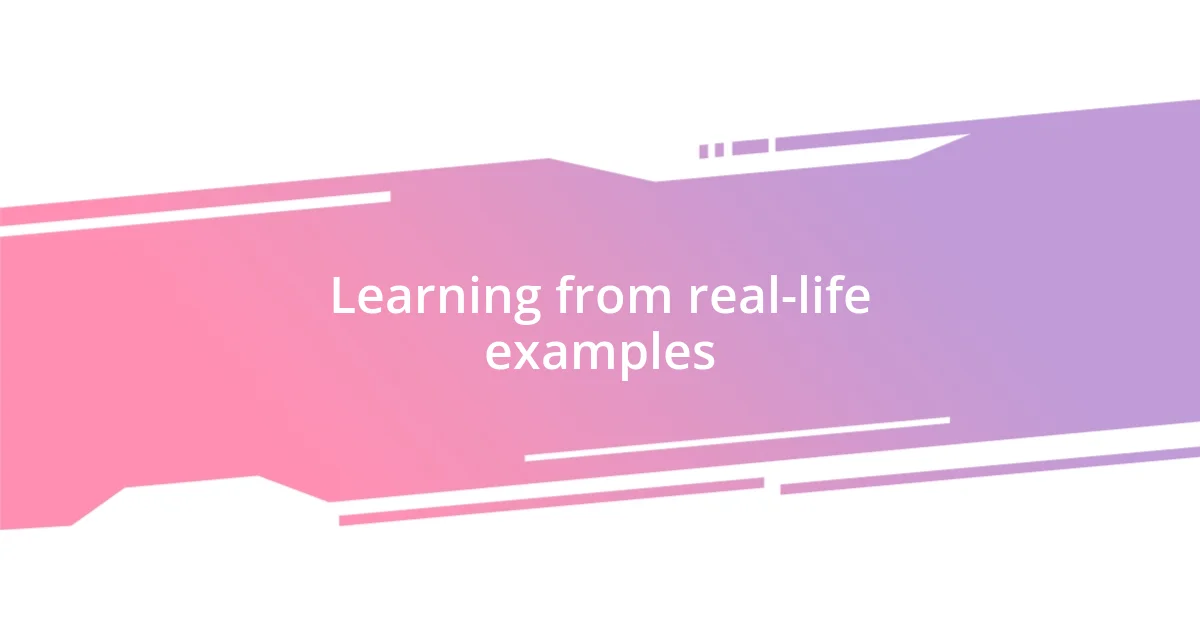
Learning from real-life examples
Learning from real-life examples can reshape our understanding of ethical dilemmas in ways theory often can’t. For instance, there was an occasion when I observed a mentor facing a conflict between personal values and professional responsibilities. I watched as she navigated this murky water with grace, ultimately choosing transparency over convenience. It made me question, what would I do in a similar situation? This real-life example taught me that embodying integrity can sometimes come at a personal cost, but the respect earned is invaluable.
Another experience that stands out involves a colleague who had to decide whether to report unethical behavior in our department. Watching her grapple with the implications was both painful and enlightening. I remember her voice shaking as she weighed loyalty against a moral obligation. In the end, she chose honesty, which sparked a constructive dialogue in our workplace. Doesn’t it make you think about the power of one courageous decision? This instance reinforced my belief that ethical choices often ignite change, inspiring others to reflect on their values.
Lastly, I encountered a challenging situation during a team project where we had to allocate a significant budget. My gut instinct told me to distribute the funds evenly, but a close friend on the team advocated for one particular area that seemed more promising. After deliberating and witnessing how passionate she was about it, I realized that not all choices can be purely data-driven. There’s an intricate balance of reasoning and empathy in decision-making. How do we find that balance in our own lives? This moment revealed how engaging with diverse perspectives can lead to richer, more ethical outcomes.


